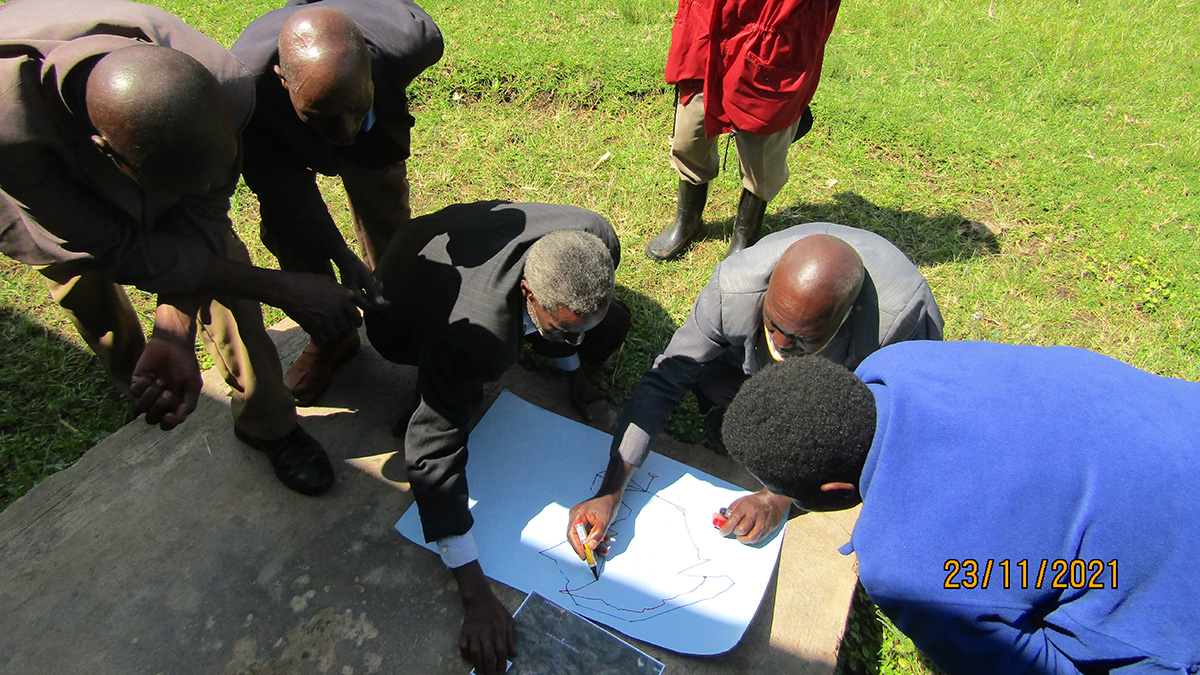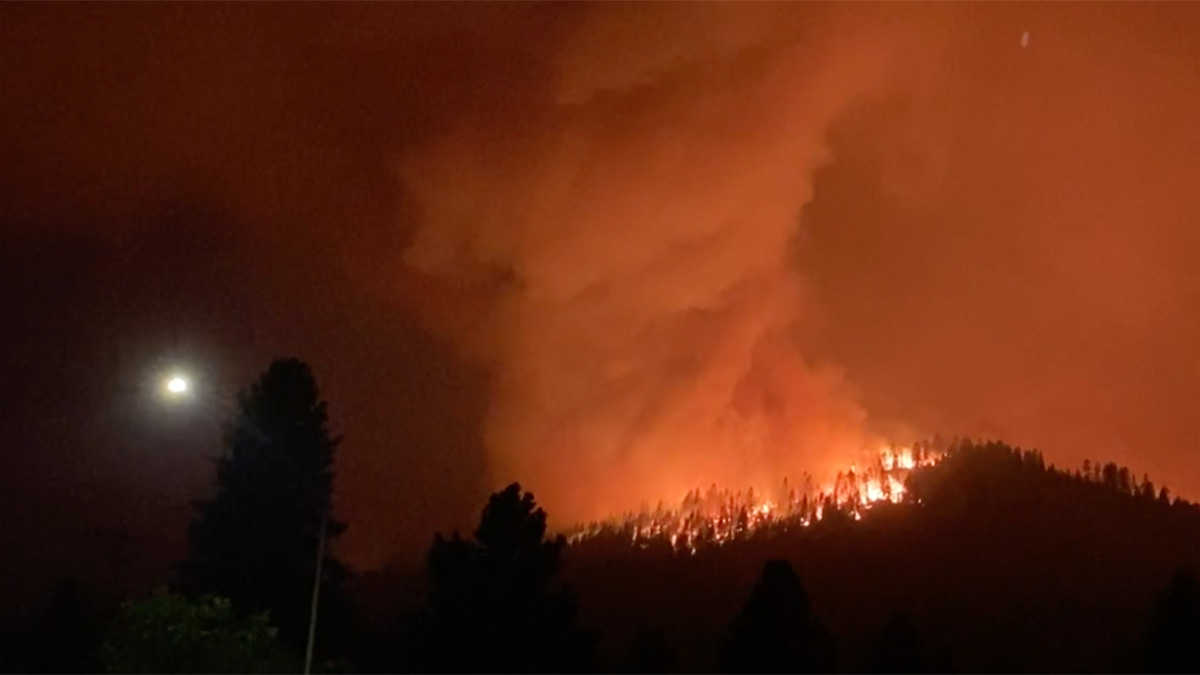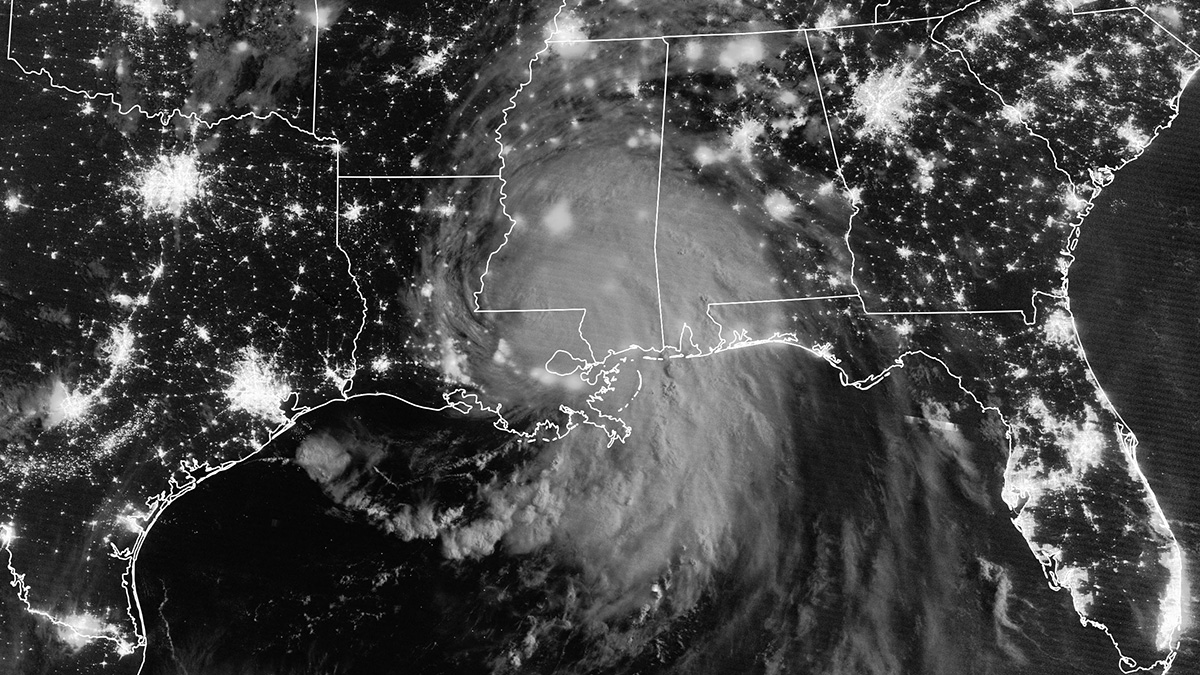Un proyecto comunitario en las tierras altas de Kigezi está ayudando a identificar puntos calientes de deslizamientos de tierra e inundaciones y cómo los peligros están evolucionando.
News
Supervolcanoes Linger a While, Then Rush to Erupt
Geologists examined crystals in rock from four massive eruptions in the Chilean Andes.
Alaskan Glaciers Advance and Retreat in Satellite Imagery
Researchers tracked 19 maritime glaciers in Kenai Fjords National Park over several decades and found that tidewater glaciers tended to experience less ice loss than other types of glaciers.
Major Investment in Air-Conditioning Needed to Address Future Heat Waves
More than 80% of urban residents will need AC by the 2050s, but many of the world’s poorer countries may struggle to meet that demand.
Neighborhood Strategies Inform Boston’s First Urban Forest Plan
The city prioritizes equity and inclusion as it incorporates tree coverage into climate resiliency efforts.
Gigantic Jet of Lightning Mapped over Oklahoma
The most powerful gigantic jet ever recorded fortuitously appeared over a sensor array in Oklahoma, enabling scientists to map the structure of the phenomenon for the first time.
Unraveling the Mystery of a Rare Mineral on Mars
The discovery of tridymite in Mars’s Gale Crater triggered debate about the rare mineral’s origins. A research team recently suggested a scenario with explosive implications.
Chasing Fire Tornadoes for Science
Recent research suggests fire-generated vortices are always present during wildfires.
A New Approach to an Unresolved Mystery in Climate Economics
Do shifts in temperature have enduring economic impacts? A “clever” trick identifying climate trends gets us one step closer to addressing this long-standing question in climate economics.
U.K.-Based Geoscientists Trapped in European Funding Impasse
Political disputes threaten the United Kingdom’s status in Horizon Europe, the world’s largest transnational funding program.










